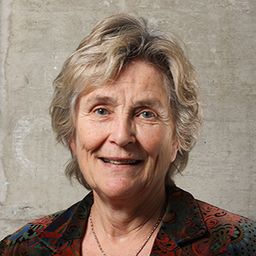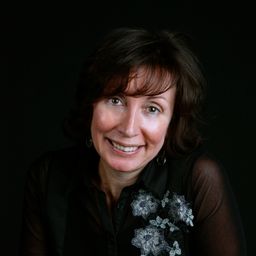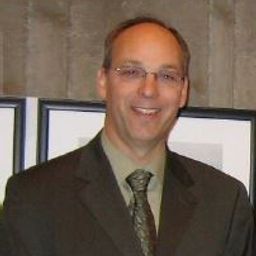An Intergenerational Conversation about Heritage Conservation Education: The Rise, Fall, and (Necessary) Redefinition of Expert Knowledge
My Session Status
What:
Roundtable
When:
9:00, Monday 6 Jun 2016
(3 hours 30 minutes)
Where:
Themes:
Heritage Changes the Social OrderActivists and ExpertsPublic event
Heritage changes peopleActivist vs expertHeritage-makers
As recent publications have demonstrated, the role of the expert in heritage conservation is a relevant, indeed imperative topic of discussion. On the one hand, the knowledge required to work in the field has evolved over time in response to changes in the definition of heritage. Once the exclusive domain of architects and historians, the expertise needed today draws on a broader scope of disciplines including urban planning, landscape studies, anthropology, economics and climatology, often mixed together. In addition, as a result of sophisticated structures set in place over the last half- century to identify, protect and enhance heritage, experts now need skills in management since they are called on to develop and implement policy.
On the other hand, there is growing doubt about the authority of experts to identify heritage and the strategies to preserve it. Although this questioning is valid, current reflections about expert knowledge are nevertheless surprisingly silent on the role of education and training. Yet training courses and university/college programs in heritage conservation abound, having multiplied at a rapid pace since the 1970s. Rooted at first in architecture schools – the architectural conservation course given by La Sapienza in Rome in conjuncture with ICCROM (then Rome Centre) in 1965 being one of the earliest examples – programs are now housed in different departments and institutions worldwide. They address a broad scope of heritage, including intangible cultural heritage, World Heritage management, landscape architecture and regional planning, just to name a few.
Recent shifts of emphasis from the iconic, the special, the outstanding (Schofield, 2014) to the vernacular as well as greater focus on communication with local communities and stakeholders raise the question of what is required for graduates to comprehend, discuss and eventually conserve heritage places. Whereas in the past, heritage education was mainly about acquiring knowledge (of materials, architecture, history and theory), education today focuses more on developing skills such as listening, teaching and facilitating. If that is indeed the case, are university programs and training courses prepared for such a shift? Further, are there pedagogical strategies to develop this new generation of experts? Does this new perspective sound the death knell to the knowledge legacy of the previous generations?
On the other hand, there is growing doubt about the authority of experts to identify heritage and the strategies to preserve it. Although this questioning is valid, current reflections about expert knowledge are nevertheless surprisingly silent on the role of education and training. Yet training courses and university/college programs in heritage conservation abound, having multiplied at a rapid pace since the 1970s. Rooted at first in architecture schools – the architectural conservation course given by La Sapienza in Rome in conjuncture with ICCROM (then Rome Centre) in 1965 being one of the earliest examples – programs are now housed in different departments and institutions worldwide. They address a broad scope of heritage, including intangible cultural heritage, World Heritage management, landscape architecture and regional planning, just to name a few.
Recent shifts of emphasis from the iconic, the special, the outstanding (Schofield, 2014) to the vernacular as well as greater focus on communication with local communities and stakeholders raise the question of what is required for graduates to comprehend, discuss and eventually conserve heritage places. Whereas in the past, heritage education was mainly about acquiring knowledge (of materials, architecture, history and theory), education today focuses more on developing skills such as listening, teaching and facilitating. If that is indeed the case, are university programs and training courses prepared for such a shift? Further, are there pedagogical strategies to develop this new generation of experts? Does this new perspective sound the death knell to the knowledge legacy of the previous generations?




